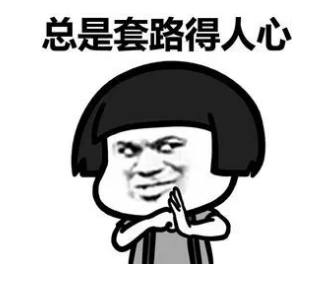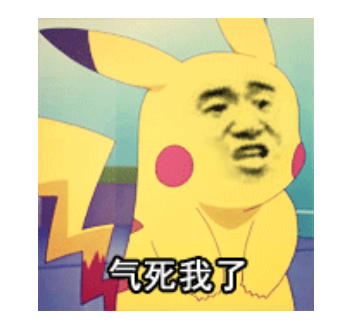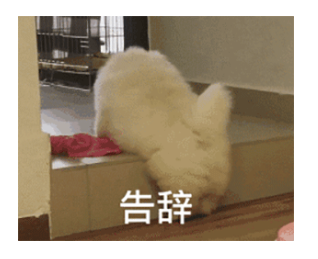“甩锅”的英文可真不是 "throw the pot"噢!这“锅”可不背……
阅读量:
“人在工位坐,锅从天上来”
有一种人
功劳就往自己身上揽
出了问题就到处甩锅
真的是气不打一处来
为什么世界上会有“甩锅精” 这种令人讨厌的人存在??? 大家常说的“甩锅”=“推卸责任”,即“企图将自身的矛盾转移到其他地方去,让别人来背黑锅的行为”,所以“甩锅”的英文不能直译为 "throw the pot"噢!! ▲ pin the blame on sb 把责任推给,甩锅 例如: You can't pin the blame on her - she wasn't even there when the accident happened. 你不能甩锅到她身上,车祸发生的时候,她都不在那儿。 I was angry when he tried to pin the blame on me! 当他想甩锅给我的时候,我真的生气了。 ▲ shirk/evade responsibility 甩锅,推卸责任 例如: He decided to shirk his responsibility. 他想要逃避责任。 They mutual shirk responsibility, you can well communicate with them. 他们相互推卸责任,你只能好好的跟他们沟通。 ▲ shift the blame to other shoulders 把责任推给别人,甩锅 【"blame"的基本意思是对于不端行为、过失、罪过等的“责备”,有时含斥责挑剔的意味,故也可译为“责怪,责难”】 例如: Don’t shift the blame to other shoulders. 不要推卸责任。 ▲ pass the buck 推卸责任 例如: Every time something goes wrong, you try to pass the buck. 每次有什么出错的地方,你总是把责任推给别人。 She‘s always trying to pass the buck to me and I'm sick of it! 她老是想甩锅,我非常讨厌这一点。 被甩锅时 你最想配什么表情呢?




